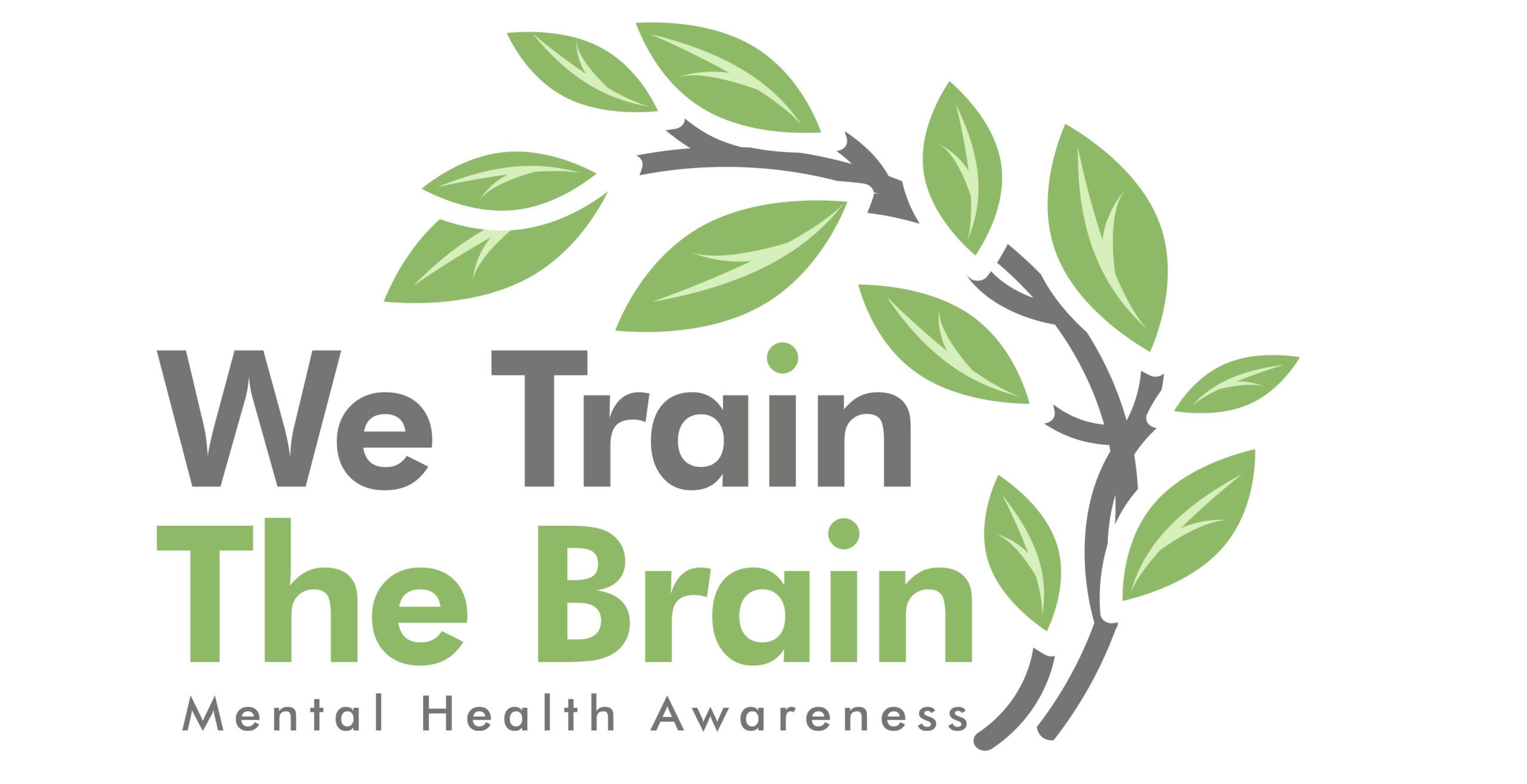Introduction:
In today’s fast-paced world, where juggling work, relationships, social media, and the hustle of
daily life has become the norm, it’s no surprise that stress can start to take a toll on our sleep.
Proper rest is crucial for our physical and mental well-being, allowing us to recharge after a
demanding day. The American Academy of Sleep Medicine recommends at least seven hours of
sleep per night for healthy adults. Unfortunately, the very stressors that occupy our waking hours
can often interfere with our ability to unwind and fall into a peaceful slumber.
Understanding Stress and its Impact:
Stress, both emotional and physical, can stem from various sources, triggering feelings of
frustration, anger, and nervousness. It’s our body’s natural reaction to the challenges and
demands life throws our way. However, not all stress is detrimental. Positive stress, known as
Eustress, can motivate us to explore new hobbies, acquire new skills, and embrace new
experiences. On the flip side, chronic stress can lead to a range of mental health issues, including
anxiety, headaches, muscle tension, weight gain, and even memory and concentration problems.
The Connection Between Stress and Sleep:
Stress and sleep are intertwined in a delicate dance. The more stressed we are, the harder it
becomes to achieve restful sleep. Insomnia, characterized by difficulties falling asleep, staying
asleep, or waking up too early, can be a common consequence of chronic stress. Symptoms
include irritability, fatigue, poor concentration, and overall reduced quality of life. It’s estimated
that 4% of Americans rely on prescription sleep aids, but it’s important to seek natural solutions
whenever possible.
Breathing Techniques to Induce Relaxation:
One effective way to counteract the negative effects of stress on sleep is through mindful
breathing techniques. These techniques can help calm the mind, relax the body, and promote a
sense of tranquility conducive to falling asleep. Let’s explore a few of these techniques:
- 4-7-8 Breathing Technique:
- Sit with your back straight.
- Place your tongue against the tissue behind your upper front teeth.
- Breathe out through your mouth.
- Breathe in through your nose for a count of 4.
- Hold your breath for a count of 7.
- Breathe out through your mouth for a count of 8.
- Repeat this cycle three more times.
- Practice at least twice a day.
- Diaphragmatic Breathing:
- Lie down with your knees bent and a pillow under your head and knees.
- Place one hand on your upper chest and the other on your stomach.
- Breathe in through your nose, focusing on your stomach rising.
- Exhale slowly, allowing your stomach to fall.
- Practice for 5 to 10 minutes, 3 to 4 times a day.
- Buteyko Breathing Technique:
- Sit comfortably with your back straight.
- Place hands on your chest and focus on breathing quietly through your nose.
- Concentrate on the movement of your lower chest.
- After a few minutes, relax your muscles from head to toe.
- Practice for about 3 minutes.
Conclusion:
Incorporating these breathing techniques into your daily routine can prove to be a game-changer
in managing stress and improving sleep quality. By taking a few moments each day to breathe
deeply and mindfully, you can effectively counteract the overwhelming stressors of modern life
and pave the way for restful, rejuvenating sleep. Remember, the journey to a well-rested mind
and body begins with a few intentional breaths. If sleep problems persist, don’t hesitate to seek
guidance from healthcare professionals or mental health experts. Your journey to a better night’s
sleep starts now.




